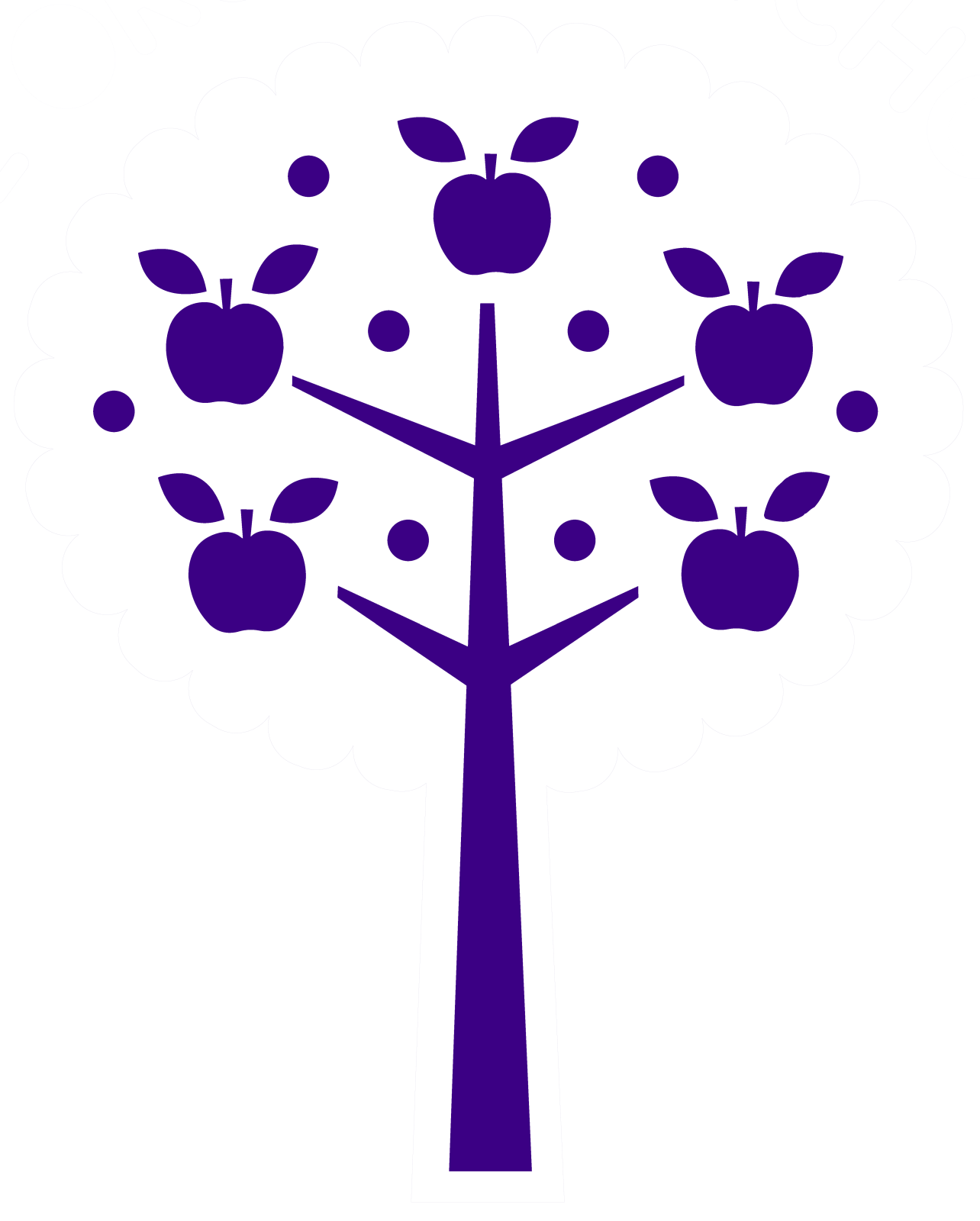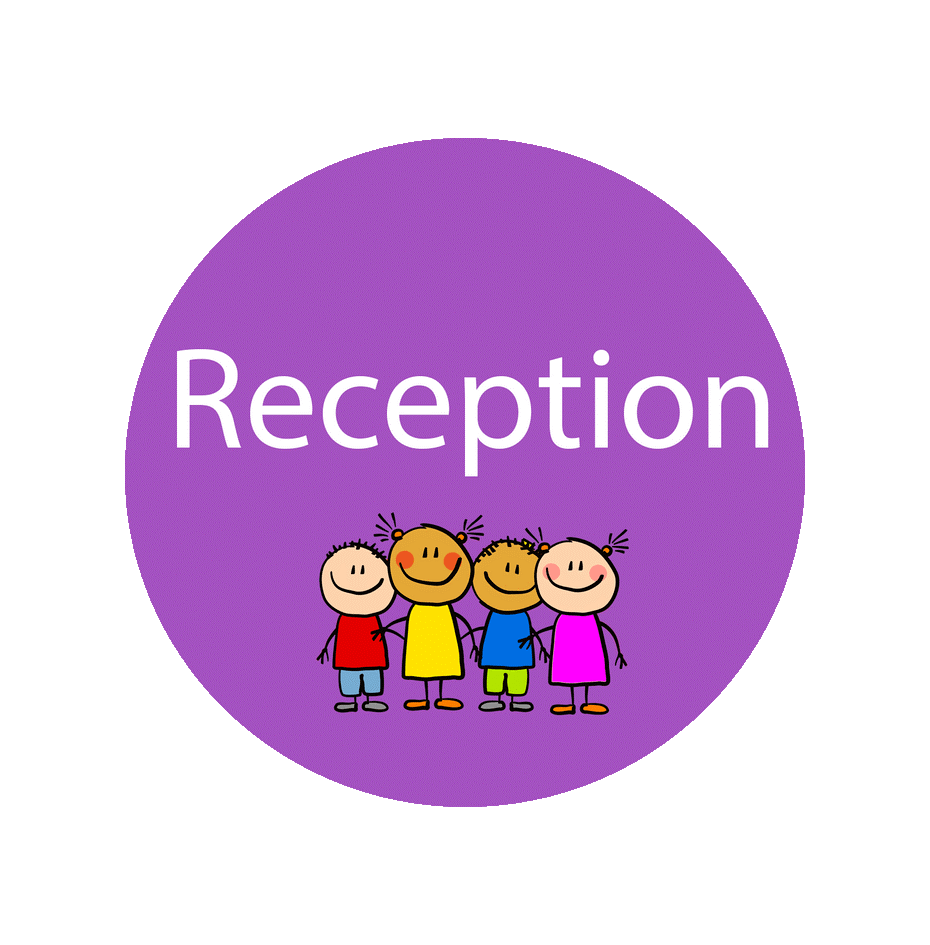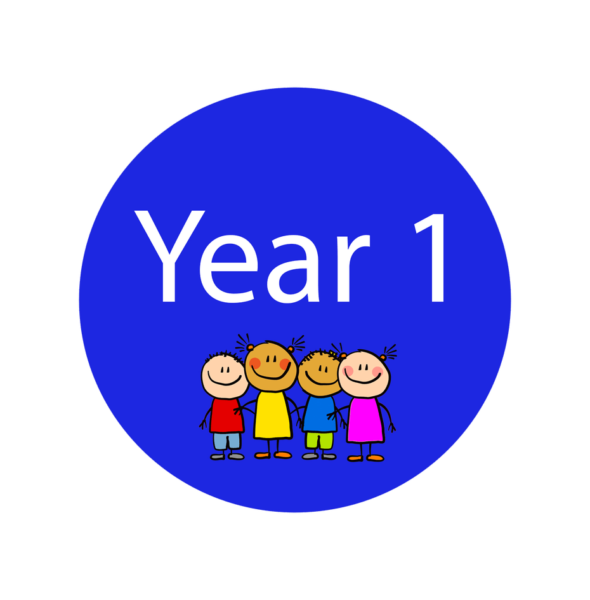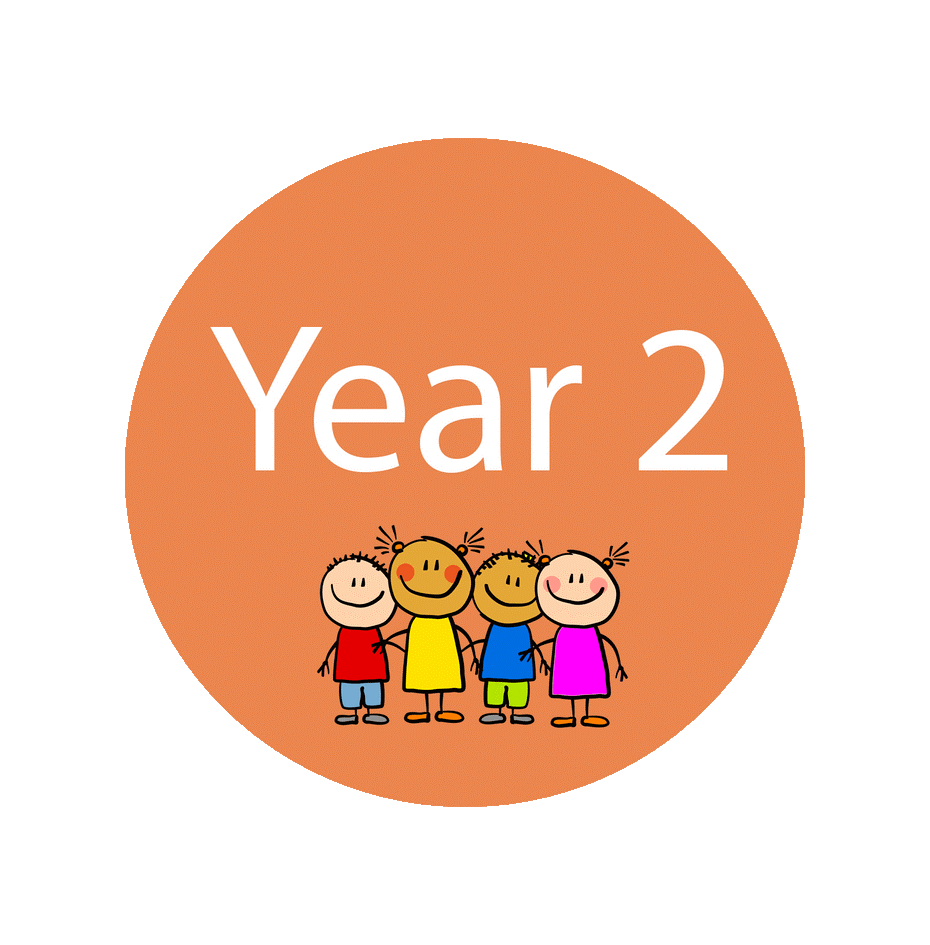Science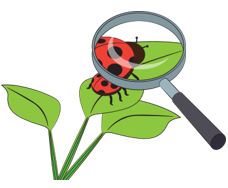
Science at The Orchard School is taught through a purposeful curriculum that builds on previous learning as the children move through the school from Reception to Year 2. In Reception, key scientific learning takes place under the area of learning 'Understanding the World'. In Key Stage 1 (Years 1 & 2) it is taught as a discrete subject. Where appropriate it is linked to other areas of the curriculum such as literacy, art or music. We also build on the children’s enthusiasm, interests and natural curiosity of the world around them. We teach the skills of scientific enquiry such as asking and answering questions, predicting, observing, testing, recording, interpreting data and making simple conclusions. The children are given many opportunities in science and other areas of the curriculum to practice and embed the skills, knowledge and understanding they have learnt.
Science is taught through active engagement. The learning experiences children are given support the development of knowledge and understanding of the world around them and key scientific ideas. Children are encouraged to work as part of a team offering their own ideas and listening to the ideas of others with respect. Science learning helps children develop an awareness and sensitivity for the environment they live in and to take responsibility for their own health and safety, as well as those of others. We encourage children to develop an open mind so they understand that making mistakes and learning from them is a vital learning step and all part of the scientific process. We place a great importance on developing the correct scientific vocabulary so children can explain their ideas and findings accurately and with confidence.
We plan school trips to enhance the science curriculum such as Wisley Gardens, The Discovery Centre and the British Wildlife Centre.
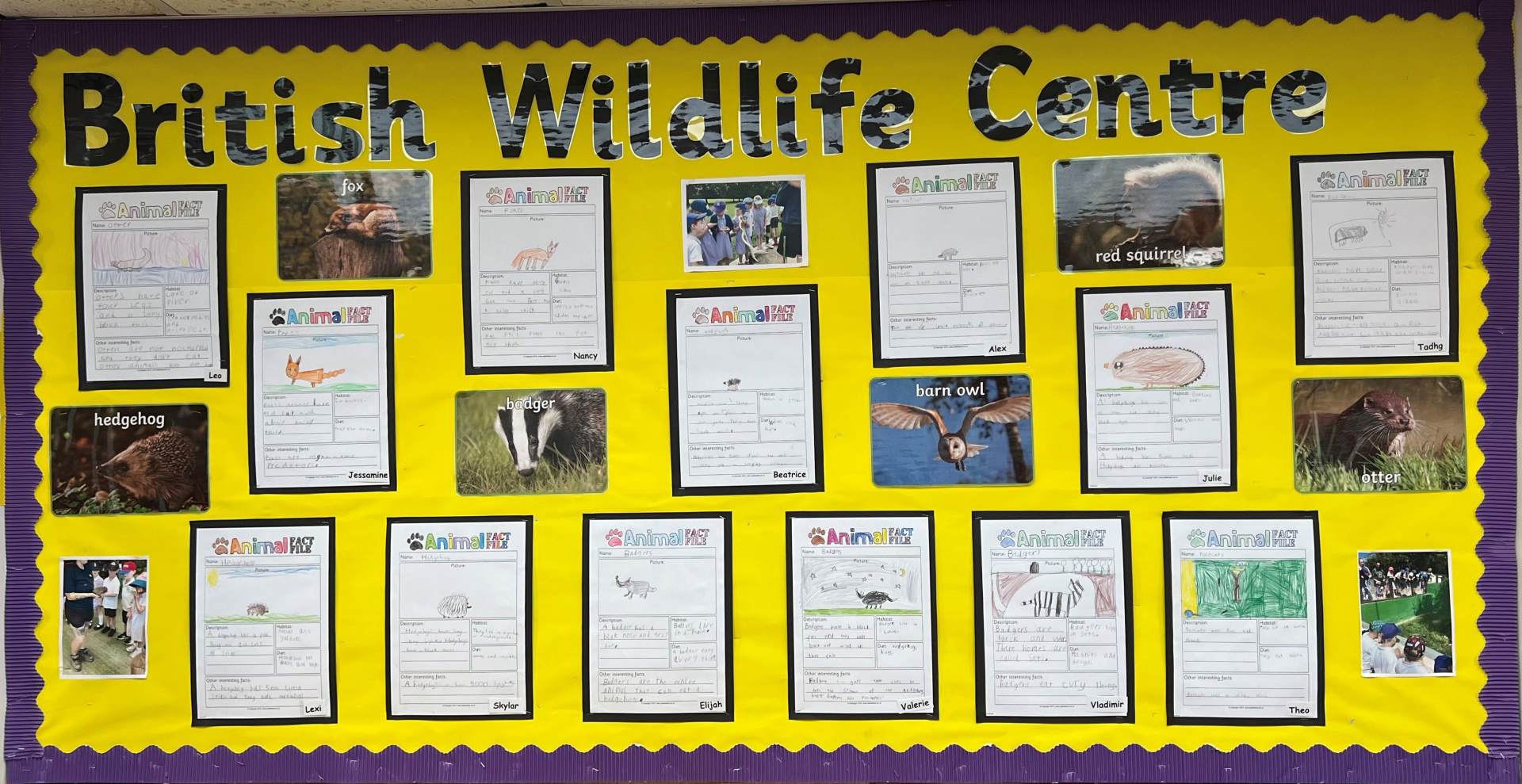
Knowledge Organisers
Please click on the pictures below for the key knowledge, skills and vocabulary taught in each Science unit of work.
Science in Reception
In Reception, science forms part of the learning children acquire under the ‘Understanding of the World' branch of the Foundation Stage curriculum.
Science at Foundation Stage is introduced both directly and indirectly through activities that encourage children to explore, problem solve, observe, predict, think, make decisions and talk about the world around them. It’s called ‘knowledge and understanding of the world’.
Science in Reception also helps children with skills in other Foundation Stage areas of the national curriculum, such as physical development and creative development.
Children explore creatures, people, plants and objects in their natural environments. They observe and manipulate objects and materials to identify differences and similarities. For example, they may look at an egg whisk, sand, paper and water to learn about things that are natural and manufactured and their different functions. Children also learn to use their senses, feeling dough or listening to sounds in the environment, such as sirens or farm animals.
Children are encouraged to ask questions about why things happen and how things work. They do activities such as increasing the incline of a slope to observe how fast a vehicle travels, or opening a mechanical toy to see how it works. Children will also be asked questions about what they think will happen to help them communicate, plan, investigate, record and evaluate findings.

